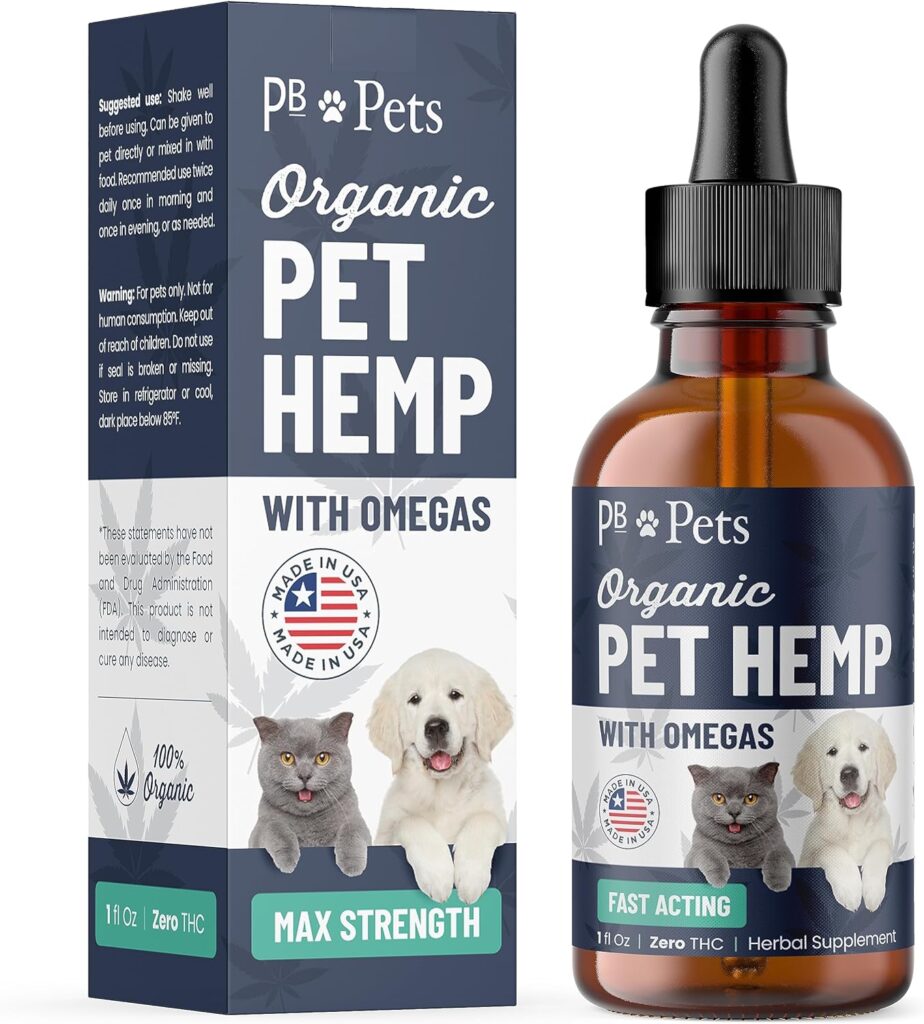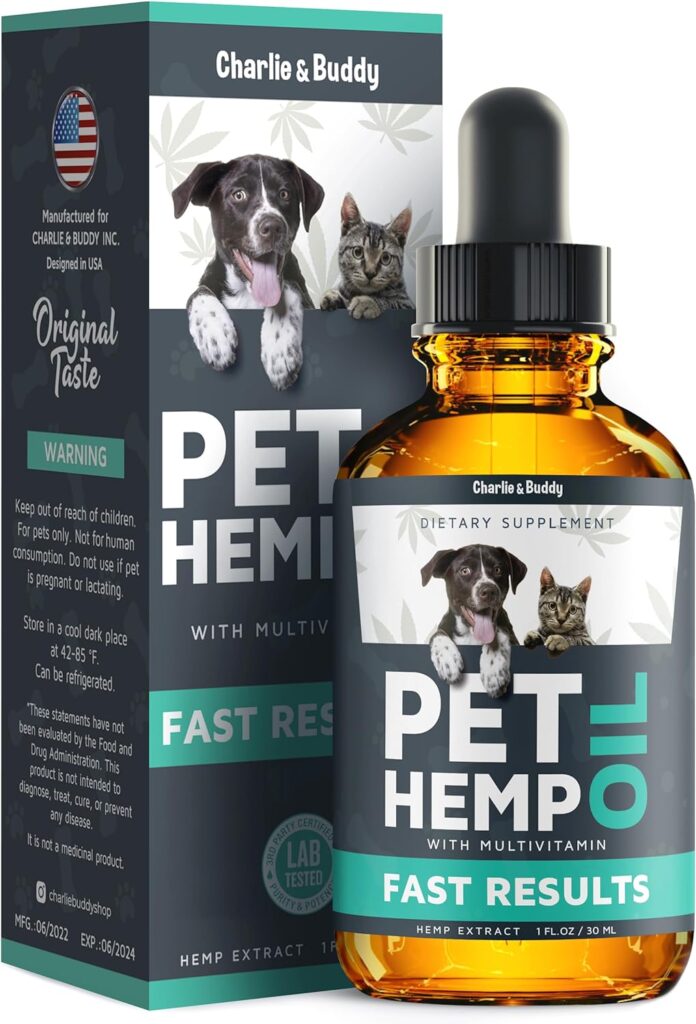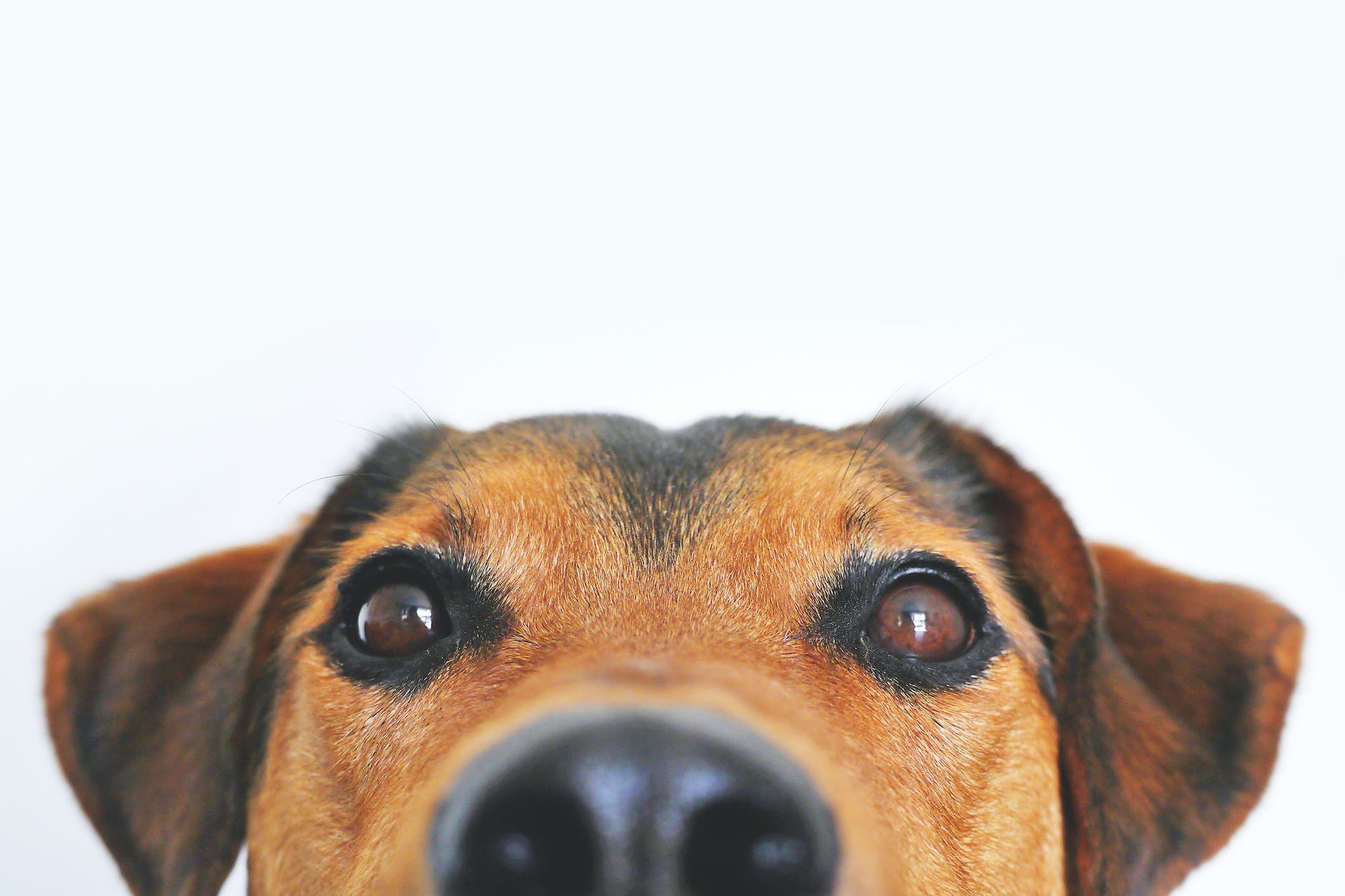Here is more information about what you need to know before offering CBD oil to our four legged family members.
This post contains referral links for products we love. Staying Fit With Aeran earns a small commission on these links at no cost to you, and the links will always be marked with an asterisk *.
7. CBD may have some advantages for animals.
CBD is thought to have the ability to treat various ailments and conditions. Here are some of the potential advantages of administering CBD to animals:
It can benefit the skin and their fur.
Because the skin is the largest organ, it requires daily attention. It is critical to remember that your pet’s skin and coat may be subject to the effects of poor nutrition, skin allergies, or ticks. CBD treatment, according to some researchers, may increase fur texture.
It has the potential to minimize the frequency of infections.
Many cats, for example, have lifetime viral infections, such as upper respiratory tract infections, which cause a variety of unpleasant symptoms, such as chronic congestion, sneezing, and so on. CBD oil may be useful in alleviating certain symptoms.
Pain alleviation *, particularly for chronic pain
Body pain in pets can be caused by aging, fractures, surgery, and so on. CBD oil can successfully reduce pain and treat a variety of chronic conditions. As previously stated, a 2018 study conducted by Cornell University researchers showed that CBD helps alleviate pain in osteoarthritic dogs.

Furthermore, canine osteoarthritis can cause dogs to lose mobility, making them unwilling to play, leap, or run. Further research indicates that utilizing CBD in dogs may improve their mobility and overall quality of life.
It may have a good impact on overall digestion.
CBD may also aid in the regular operation of the gastrointestinal system (GI). CBD can be used to stimulate appetite and treat gastrointestinal disorders like nausea and vomiting caused by something pets eat. CBD can aid by alleviating these symptoms, allowing your pets to return to their normal state.
The conduction of stimuli may be interrupted in animals suffering from autoimmune disorders.
Another potential benefit of CBD oil is that it may improve the conduction of impulses in autoimmune disorders such as amyotrophic lateral sclerosis.
It can help to maintain a healthy immune system.
CBD oil is used in treating inflammation. Furthermore, it improves the response of animals’ immune systems to numerous physiological circumstances, such as food allergies.
8. CBD’s potential animal applications
Here are a few hypothetical animal conditions for which CBD may be beneficial:
CBD oils are used in treating anxiety, stress, pain, and depression. CBD has been shown in a number of trials to be useful in helping patients relax and cope with various illnesses.
Similarly, our pets can experience anxiety or worry. Riding in a car, thunderstorms, and separation anxiety can all be quite dangerous to your pet. CBD has been shown in several trials to help with this. For example, one study looked at stress in rats that had been exposed to cats.
The findings suggested that CBD could be used to treat post-traumatic stress disorder (PTSD). Unfortunately, experts are yet unsure how CBD helps stress and anxiety, but it is thought to possibly control serotonin, sometimes known as the “happiness hormone.”

Seizures caused by epilepsy
While doctors are unsure how CBD helps manage seizures, it is suspected that it may inhibit nerves in the brain from overfiring and lower electrolytes that are known to be crucial in epileptic seizures. The previously cited Colorado State University study from 2019 may support this claim.
Overall well-being
All of the following potential CBD benefits can help animals’ overall well-being. Furthermore, because CBD is neither psychoactive nor harmful like THC, it can help make your pet healthier and happier without causing euphoria or an ecstatic state of mind.
9. CBD administration to animals
We urge that you consult your veterinarian before administering CBD oil to your pet. When it comes to cats, there are numerous ways to administer CBD to them. To begin, you can mix CBD oil into your cat’s food or water.
CBD is more effectively absorbed when the stomach is full, so give it to your cat while he or she is eating or finishing a meal. Another simple method: cats adore licking their paws, so apply a drop of oil to your pet’s paw. CBD oil can also be dripped into the mouth. CBD is absorbed directly inside the oral cavity in this situation, bypassing the digestive system. When compared to CBD ingested with food, the possible benefits may appear faster because CBD enters the bloodstream immediately.
For dogs, you can either give CBD oil directly from the dropper or provide CBD orally. You may also blend CBD oil with pet food; however, when it comes to CBD for dogs, wet food is the best option.
10. Pet dosage recommendations
Cats
Cat owners may be wondering how much oil they should give their cats. It is critical to note that additional research is needed to answer this question, and no conclusive answer can be given regarding the amount of CBD for cats that should be offered.
Nonetheless, it is recommended that you consider your cat’s age and weight and begin with lower doses than those mentioned in the product description. Some doctors recommend starting with 0.1-0.5 mg of CBD oil for every kilogram of your cat’s weight. If your cat’s condition appears to be the same as previously, you can increase the dose to five milligrams.
It’s also worth noting that it can take up to 45 minutes to obtain the maximum effect on your pet’s body, which lasts about 4-6 hours. The effects of CBD may vary depending on activity level, breed, or ailment. More information regarding CBD for cats can be found in one of our earlier posts.
Dogs
Concerning the safe dosage and efficacy of CBD oil for dogs, we must reiterate that there are now no suitable restrictions in place. Still, some experts advocate starting with a very modest dose of 0.25 mg once a day and gradually increasing it based on how your dog behaves. It is best to stay alert, watch your dog’s reactions to CBD, and get CBD oil with the appropriate potency for your dog’s size. For more information on CBD for dogs, please see our previous material.
Other creatures
Here are some pointers to help you select the best CBD oil for your pet. Consider your pet’s weight and overall health, the potency (concentration) of a specific CBD oil, and so on when choosing a CBD treatment. The typical CBD dosage for pets (oil) is 0.1-0.5 mg/kg once or twice a day.
11. Contraindications to CBD use
Based on a number of trials so far, CBD appears to be well tolerated, even at considerably higher doses than are routinely utilized. However, when using CBD products on pets, owners should be aware of the potential risks and should consult with a veterinarian before using CBD.

Severe heart or liver disease, pregnancy and/or breastfeeding, and use in young animals are also potential contraindications. Furthermore, if your pet has a chronic ailment or is taking particular medications, their capacity to metabolize CBD may differ, and CBD may reduce or increase the efficacy of any long-term treatments.
12. Why should CBD for cats not contain terpenes?
Terpenes should be avoided in CBD oils for cats. And here’s why: Terpenes are aromatic chemicals found in many plants. They are responsible for the characteristic aroma of tree resins.
While humans may tolerate terpenes, cats have a completely different reaction. Researchers believe that cats lack the enzymes required to metabolize terpenes. This is why only CBD oils that are free of terpenes are suggested.
13. CBD oil side effects in animals
CBD oil may cause the same negative effects in animals as it does in humans. Dry mouth, excessive drinking, lack of energy, panicked behavior, drowsiness, and an increased appetite are the most typical side effects that dog owners may observe.
If your cat consumes too much CBD oil, it may exhibit unpleasant side symptoms such as chewing, licking, gagging, head shaking, or pacing. The good news is that it should only last a few hours. However, give your cat modest amounts of CBD and gradually raise the dosage over a few days.

Another potential side effect of CBD is diarrhea. Currently, multiple studies have not indicated any long-term negative consequences associated with blood work or urine tests. However, this could be due to insufficient study durations or other variables, and researchers need more time to thoroughly assess everything.
14. The distinction between CBD for humans and CBD for animals
In general, there isn’t much difference between CBD oil used in human and pet goods, but the substances that complement CBD oil aren’t the same.
Grapeseed oil and xylitol, in particular, can be found in CBD oil for people but may be toxic to dogs. CBD products for humans may potentially contain flavorings that are harmful to animals. CBD products for cats are sugar-free, have lower potencies, and should include less than 0.2% THC, whereas any THC concentration for dogs is not suggested.
To Conclude
To summarize, the widespread use of CBD in animals does not appear to be a distant prospect. The expanding number of veterinarians and scientists studying CBD is proof of this.
More CBD for dog research and studies, however, is required. Regardless, the good news is readily visible. CBD oil for pets can help with a variety of problems, such as epilepsy, anxiety, tension, pain alleviation, and so on.
To date, just a few potential contraindications to its use and a limited number of potential negative effects have been discovered. As a result, CBD oil may be able to assist our animal pals in feeling better and staying balanced, which is very hopeful.
